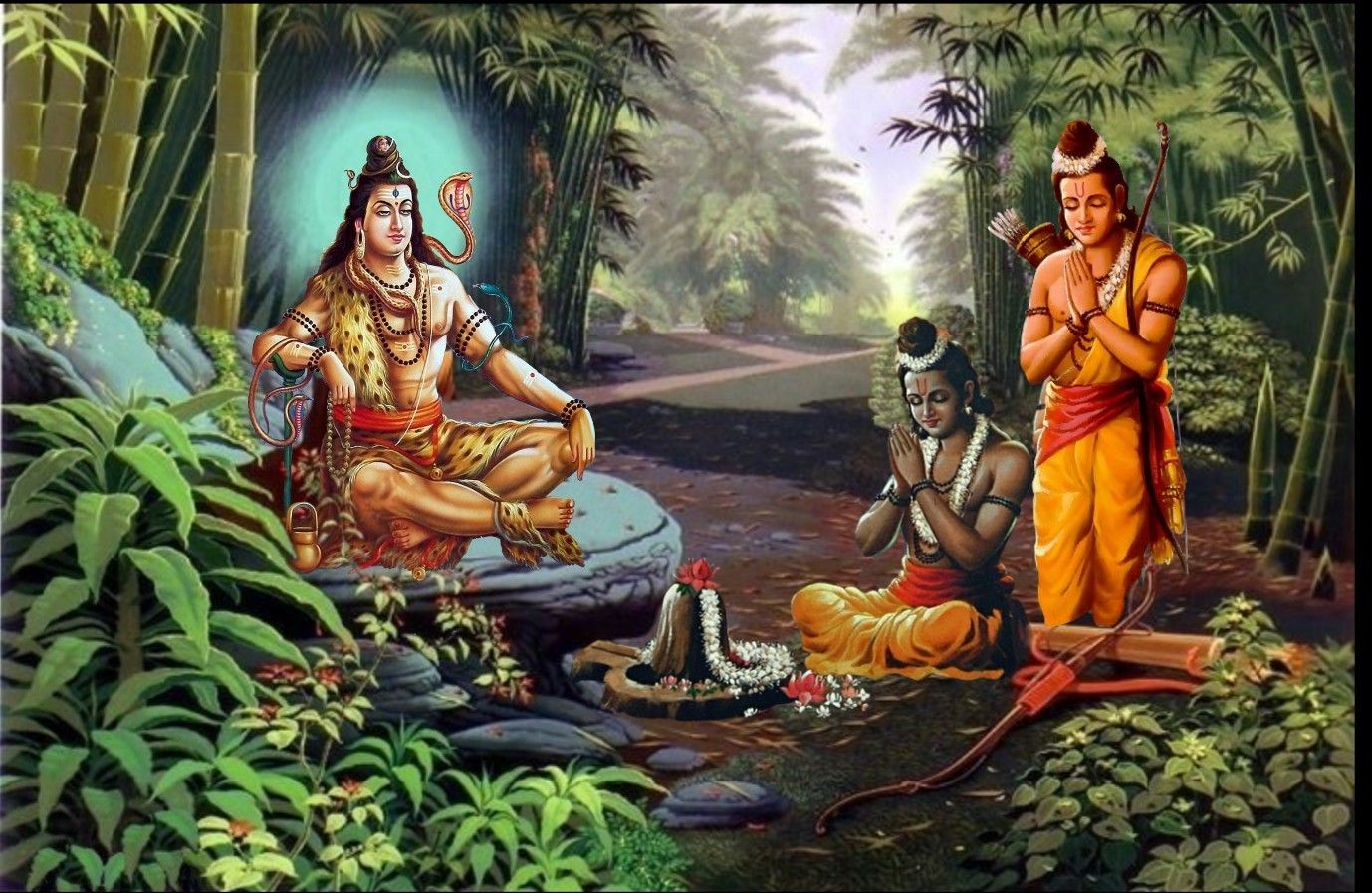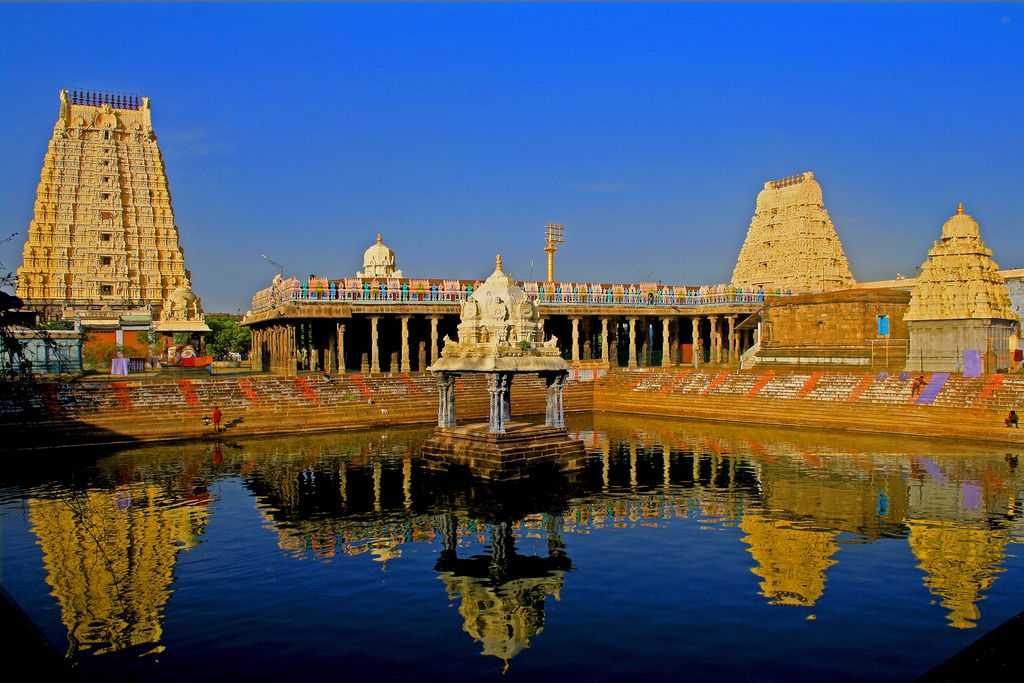Dussehra: The Unstoppable Triumph of Good Over Evil
Dussehra, the exuberant Hindu festival of victory, resonates with an energy that courses through the veins of India and its people. It signifies the culmination of the epic battle between good and evil, symbolizing an eternal showdown that continues to pulse through the modern world. The electrifying tale of Lord Rama’s conquest over the ten-headed demon king Ravana is not just a story of the past; it’s a rallying cry for the present and the future. In this article, we rev up the connection between Dussehra and today’s concept of good and evil, urging everyone to be active participants in this age-old, ever-relevant drama.
Significance of Dussehra in History and Mythology
The spectacular conclusion of the brilliant Navaratri celebration, which usually takes place in September or October, is Dussehra, which is celebrated on a grand scale on the tenth day of the Hindu month of Ashwin. It is a tribute to the amazing deed accomplished by Lord Rama, his everlasting bravery, and the graces of the powerful Goddess Durga. This enduring Ramayana story is a high-voltage tale about how virtue triumphs over vice, and its relevance is more potent than ever.
The Positive: Symbolism and Modern Relevance
The festival of Dussehra lights a fire of goodness, signifying values like honesty, bravery, and selflessness. These values are not only applicable but also crucial for building a better future in the modern world.
The environmental catastrophe, which jeopardizes the planet’s survival, is a call to action for those who uphold moral principles. The terrible powers of pollution, deforestation, and climate change are represented by Dussehra, which encourages us to tap into the strength of those who are devoted to protecting the environment and promoting a sustainable society.
Social justice and equality are also high-voltage issues. Discrimination and inequality, like ancient demons, continue to haunt us. Dussehra reminds us to rise up against these injustices, stand for a more equitable world, and generate an electric charge that shocks the system into change.
The Evil: Recognizing and Confronting Malevolence
The concept of evil in Dussehra represents the darkest corners of human nature—greed, hatred, and deceit. In our modern society, these traits manifest as corruption, hate crimes, and the abuse of power.
Corruption is an evil that eats away at the foundations of justice, but we have the power to expose and eradicate it. We must join forces to root out this toxin, letting our collective energy spark the change we need.
The rise of hate crimes and intolerance sends shockwaves through our world. Discrimination based on race, religion, gender, or ethnicity is an electric jolt of injustice. Dussehra urges us to stand united against this evil, to ignite the spark of tolerance, empathy, and compassion that can light the path to a brighter tomorrow.
Conclusion
Dussehra is more than a festival; it’s an explosion of energy, a relentless celebration of the epic struggle between good and evil. The stories of Lord Rama and Ravana are the pulse of this grand narrative, inspiring us to take part in the electrifying contest.
Dussehra charges us with the duty to recognize the good in our world and confront the evils that threaten it. The values of righteousness, courage, and compassion are the live wires of change, still sparking and crackling with energy in the present. This festival illustrates that the triumph of good over evil is a timeless, energetic theme worth celebrating. So, let’s infuse Dussehra with the relentless energy it deserves and let it energize us to be the unstoppable champions of good in our world today!
Visit our home to read more, subscribe our channel for explainer video of various topics.




/colognenewyearssilvesterGettyImages-1088903992ChanachaiPanichpattanakij-5fa1387f5819414487be6b6a25a2b0d9.jpg)
One thought on “Dussehra: The Unstoppable Triumph of Good Over Evil”